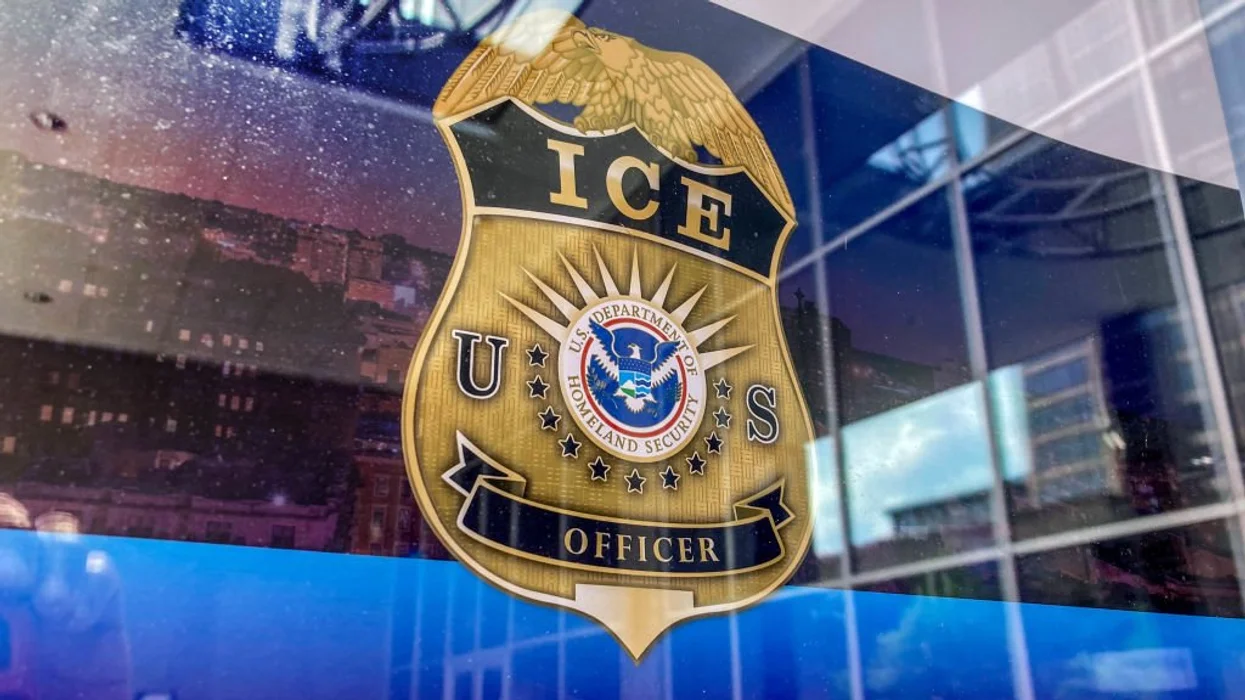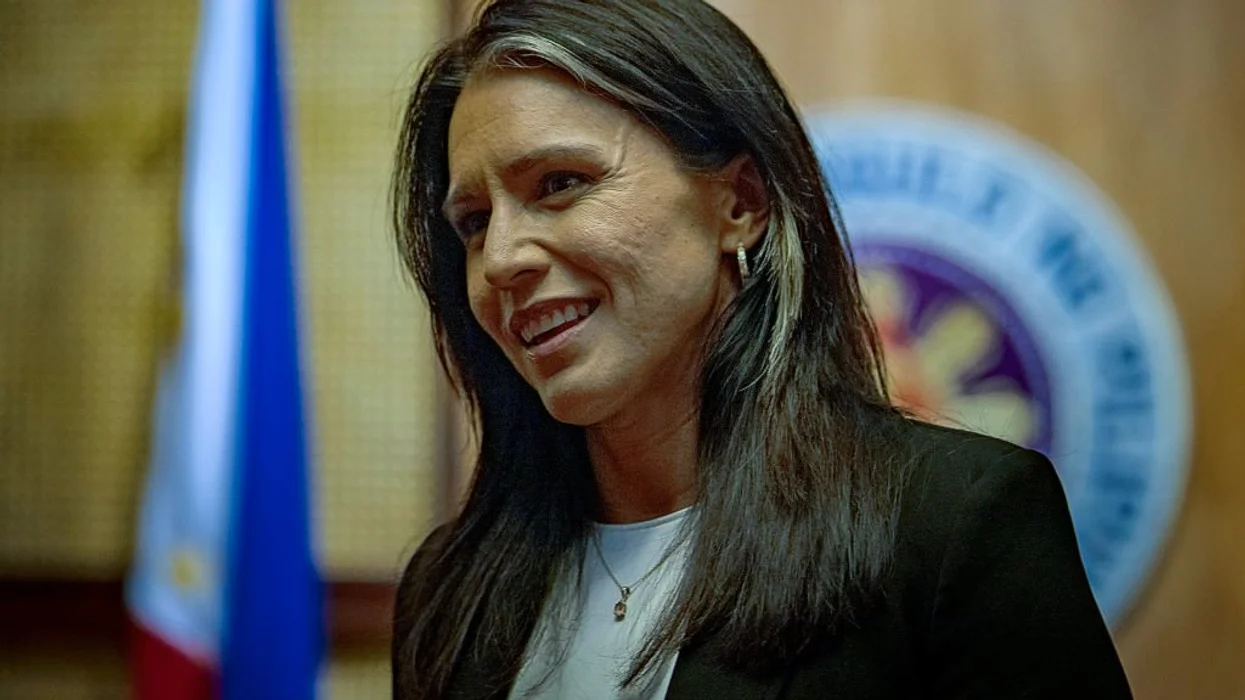
© 2025 Blaze Media LLC. All rights reserved.
FCC Commissioner Bashes American Media, Laments Lack of Gov't Oversight
December 02, 2010
"We are not producing the body of news and information that democracy needs to conduct its civic dialogue."
FCC Commissioner Michael Copps recently appeared on the BBC to talk about the state of the U.S. media. In the interview, he says the American media has a "bad case of substance abuse" and laments "no oversight of the media."
Transcript and video via RightScoop:
I think American media has a bad case of substance abuse right now. We are not producing the body of news and information that democracy needs to conduct its civic dialogue. We aren’t producing as much news as we did 5 years, 10 years, 15 years ago. We have to reverse that trend or I think we are going to be pretty close to be denying our citizens the essential news and information that they need to have in order to make intelligent decisions about the future direction of their country.
Right Scoop goes on to explain the interview after the opening response (included in the video above):
He goes on from there to describe how he wants to change it, which is basically to make news more localized to communities rather than the large national entities that we have now. And yes, they do want to regulate content to some degree, as one of his gripes is that there isn’t much investigative journalism in today’s media. He seems to believe that Americans have a right to a certain type of news and it’s the government’s job to provide it.
The LA Times explains Copp's beef with big cable networks and the FCC's "no oversight":
The FCC has oversight over local TV and radio stations but not the broadcast or cable networks. Local stations get licenses from the commission to operate. Copps wants to toughen up the renewal process, which he says today is a "slam-dunk, no-questions-asked" procedure.Copps wants stations to commit to covering more debates and issues-oriented programming during election years. He also wants stations to be more in touch with the communities they serve.
Writes Copps: "Nowadays, when stations are so often owned by mega companies and absentee owners hundreds or even thousands of miles away — frequently by private equity firms totally unschooled in public interest media — we no longer ask licensees to take the public pulse. Diversity of programming suffers, minorities are ignored, and local self-expression becomes the exception."
Want to leave a tip?
We answer to you. Help keep our content free of advertisers and big tech censorship by leaving a tip today.
Want to join the conversation?
Already a subscriber?
more stories
Sign up for the Blaze newsletter
By signing up, you agree to our Privacy Policy and Terms of Use, and agree to receive content that may sometimes include advertisements. You may opt out at any time.
Related Content
© 2025 Blaze Media LLC. All rights reserved.
Get the stories that matter most delivered directly to your inbox.
By signing up, you agree to our Privacy Policy and Terms of Use, and agree to receive content that may sometimes include advertisements. You may opt out at any time.





